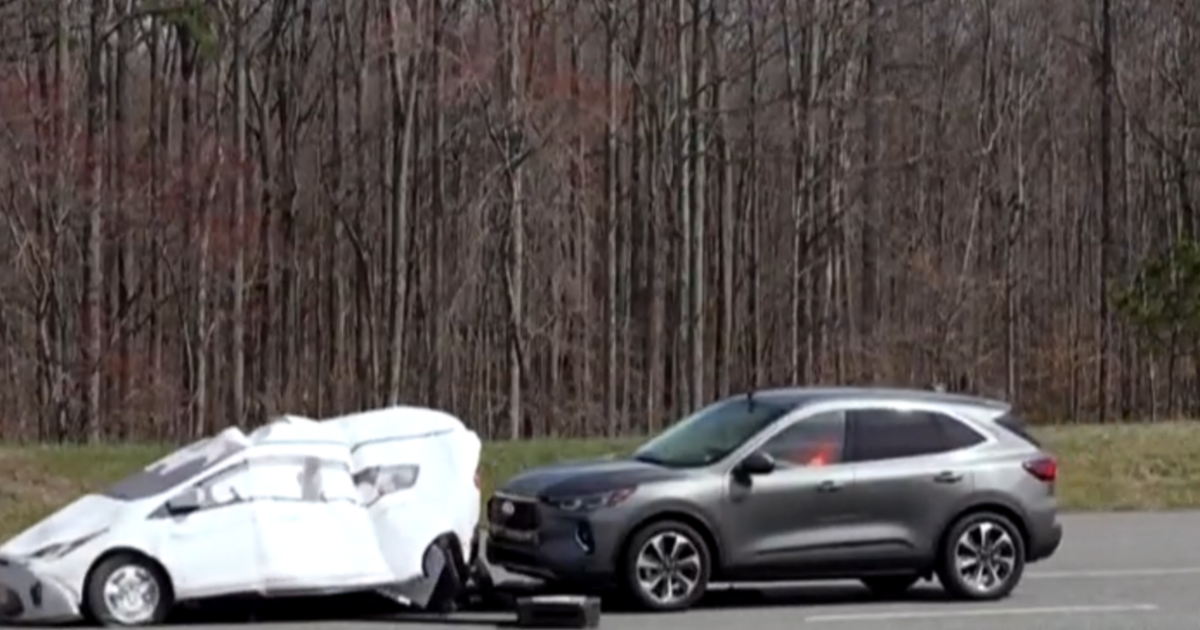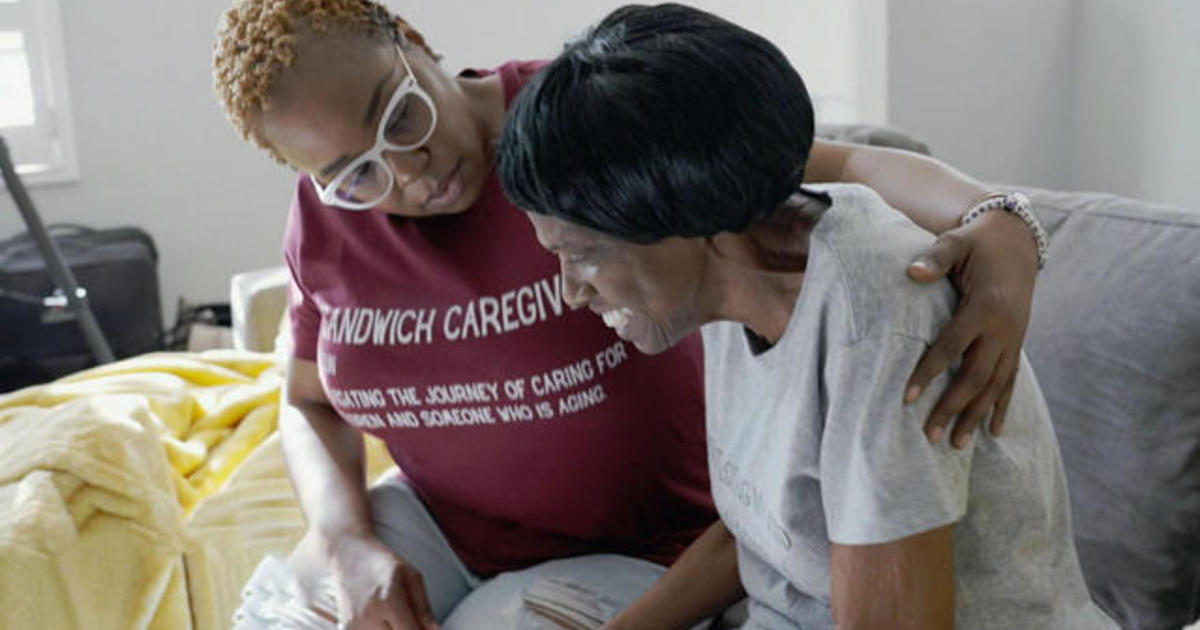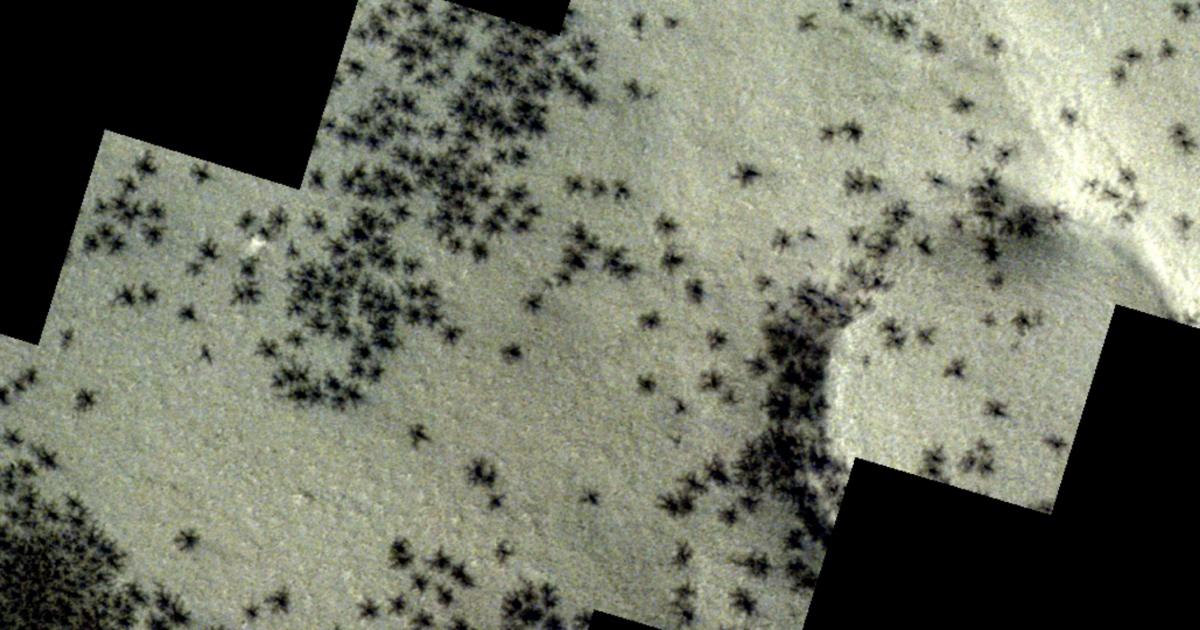Sampling fresh-picked sea lettuce
Step aside, kale; there's a new green in town. It's rich in vitamins, high in protein and iron, and already a favorite of manatees the world over: sea lettuce.
Look past the waxy, somewhat slimy consistency of its bright green leaves and savor its salty taste. The flavor made quite an impression on 60 Minutes correspondent Lesley Stahl when she sampled the edible seaweed straight from the ocean.
"I'm having micronutrients, and I'm liking it. I really like it! I'm so surprised," Stahl said while on a research boat in waters outside Seattle. She was speaking with Betsy Peabody of the Puget Sound Restoration Fund, which is running an experiment to determine whether seaweed can help fight the growing problem of ocean acidification.
Scientists hope that, in addition to helping clean ocean waters, seaweed can also help feed rising global populations. From sugar kelp to sea lettuce, it's now turning fishermen into farmers. Stahl reports on the new frontier of seaweed on this week's 60 Minutes.
A daring habit
As regular 60 Minutes viewers may recall, Stahl has become accustomed to sampling an unusual morsel or drinking an unappetizing beverage while reporting for 60 Minutes:
In 2004 she ate hoodia, a bitter-tasting cactus-like plant that grows in South Africa. Scientists say hoodia can be used for weight loss because it fools the brain into thinking the stomach is full.
In 2014, she visited the Orange County Water District, where she drank purified water that had previously been sewage.



